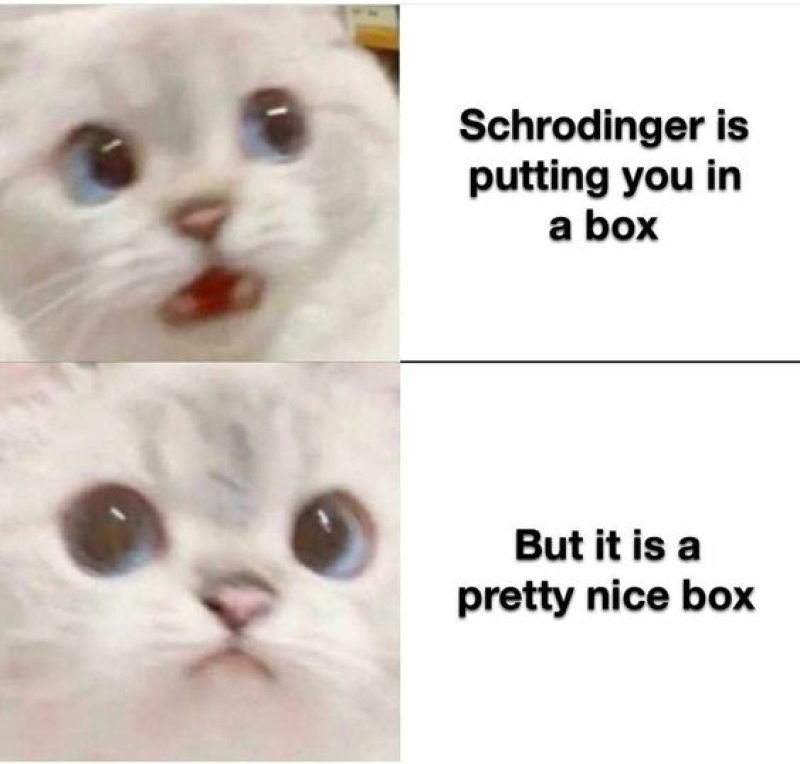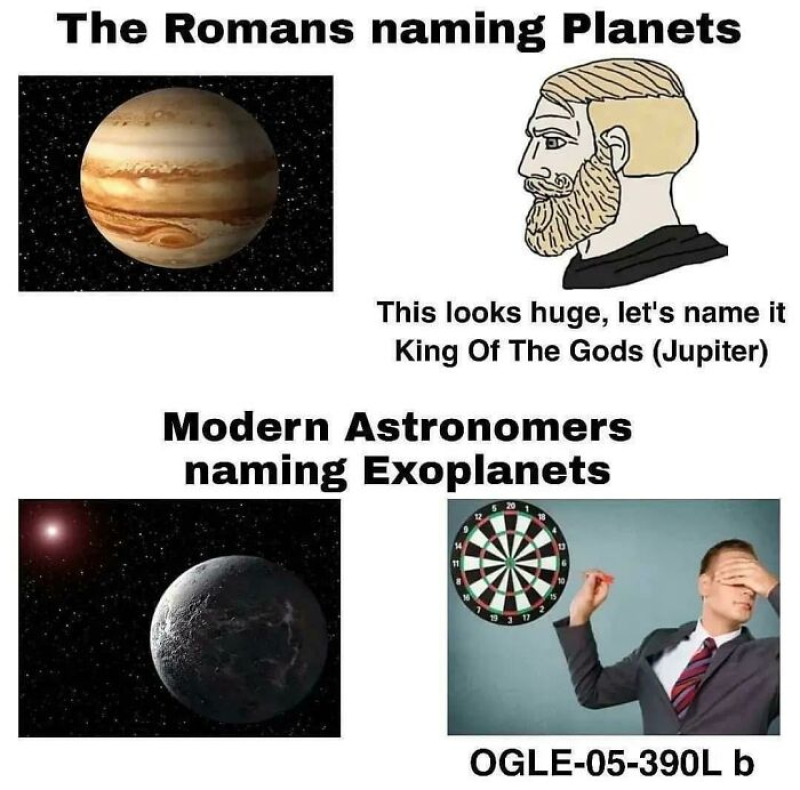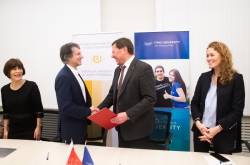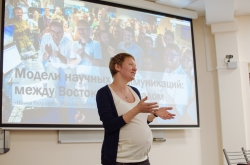What are memes?
When you hear the word “meme,” you are likely thinking about cat pictures with funny captions, but the term actually encompasses a lot more.
Generally speaking, a meme is any symbol, image or idea that is spread by the public. At the same time, people adapt memes to their unique situations – and that’s how a single pattern can turn into thousands of variations on the same joke.
It’s possible that memes as we understand them today became so popular thanks to this exact mechanism. The American media scholar Henry Jenkins believes that thanks to the internet, we now can not only consume content but co-create it.
Can we say that memes can shape public opinion?
As a form of media, memes can affect our opinions just like other types of content. They can catch our attention in the constant flow of information. However, according to researchers (see here and here, in Russian), when used in marketing or political campaigns, memes can be seen as annoying – users expect memes to evoke genuine emotion and can easily tell when they are being manipulated.

A meme by PotentialMillionaire on Reddit.
Have there been cases where memes were used to popularize a scientific idea or science in general?
Science is a part of life, so memes about scientists, natural phenomena, or labs were bound to appear sooner or later. There is also a whole genre of science-related jokes and anecdotes – some have even been published (in Russia, a popular example is the book series Physicists Are Joking, published in the 1960s).
These days, such stories and memes are shared by students and researchers through topical online communities (some examples in Russia: biochem, physics and engineering, and an entire media for programmers). These are rather specific, with a high threshold: you need to know the meme format itself and have at least a basic familiarity with the subject field.
However, it is impossible to create a meme for a single specific purpose, including science communication. Memes appear randomly and their creation cannot be controlled. What we can do is adapt an existing template for the task.
It’s funny to see how Schrödinger’s cat became a meme in itself. One of the waves of its popularity was caused by a mention in the popular TV series The Big Bang Theory. This complex thought experiment somehow found its way into public consciousness – maybe it’s all thanks to cats.

A meme by AmyBrown. Credit: cheezburger.com/
Have there been cases where a popular meme damaged the reputation of science or scientists?
As I’ve said earlier, often you need to have a lot of additional knowledge to understand a science meme and this “sophistication” has played a dirty trick on science. One recent example are memes with Smugjak, a character that ridicules the connoisseurs of “complex” jokes, which can be associated with some scientists.
Another example are memes about atheists that play on the idea of "science versus religion." Of course, these are unlikely to seriously damage the image of the scientific community.
A bigger case that involved memes (as representations of ideas of the public consciousness) is the perception of AI. You might have seen memes presenting AI negatively: as stupid or dangerous.
How can memes be used to make science more popular?
Memes are a great means of communication when used sparingly. They can catch the public’s attention and present a topic without lengthy narrations.
Naturally, their informational value can be very small and this should be taken into account. That’s why memes can be great for adding to a brand’s image, quickly announcing an upcoming event, or expressing a common concern.

A meme by PsyMages on Reddit.
Can you share an example of science memes?
One incredible Russian phenomenon is Suffering Middle Ages (Страдающее средневековье). What started as a VK community led by two historians nearly a decade ago is now a large-scale project. They have turned their passion for collecting weird images on Medieval frescoes into something more.
Their project has inspired many people to read up on the Middle Ages and explore them through lectures, books, and even online courses.
Another great example in Russia is Obrazovach (the VK community of N+1, a Russian pop-sci media – Ed.) – they have found a formula that helps them package scientific news into entertaining memes and comics.




